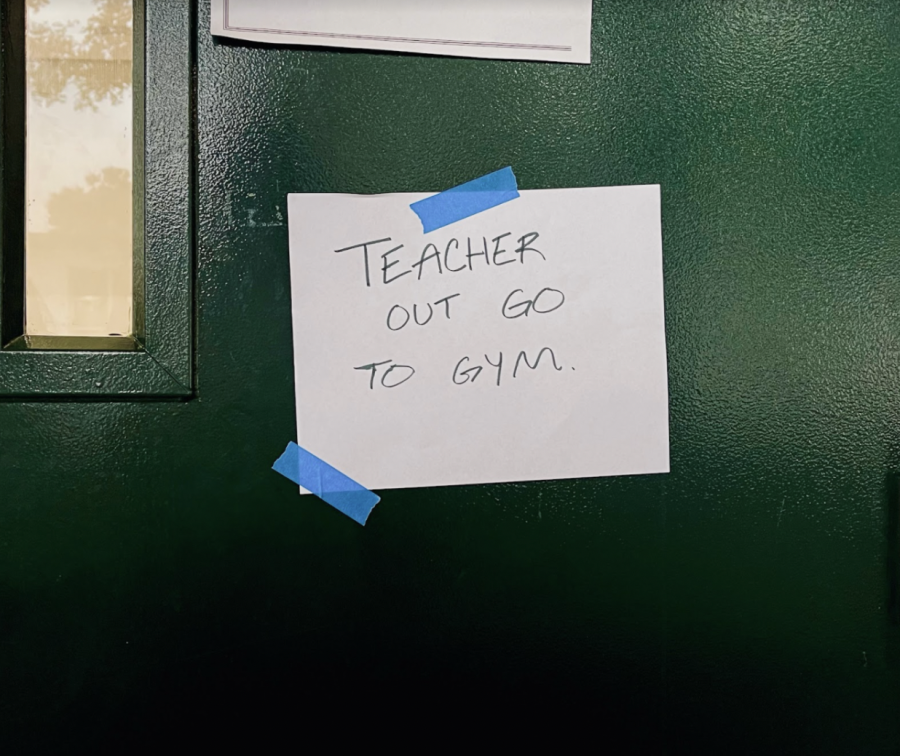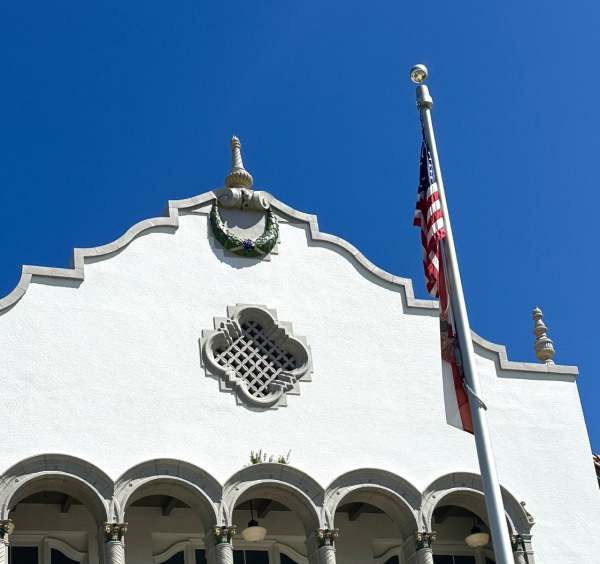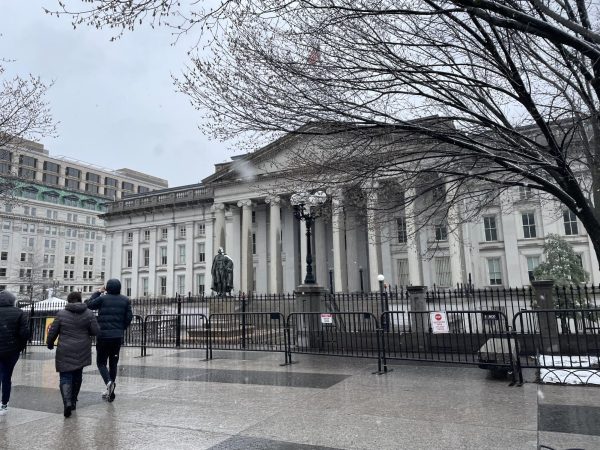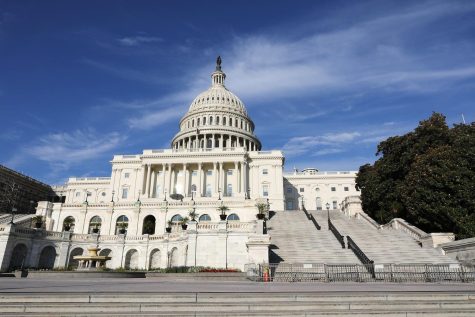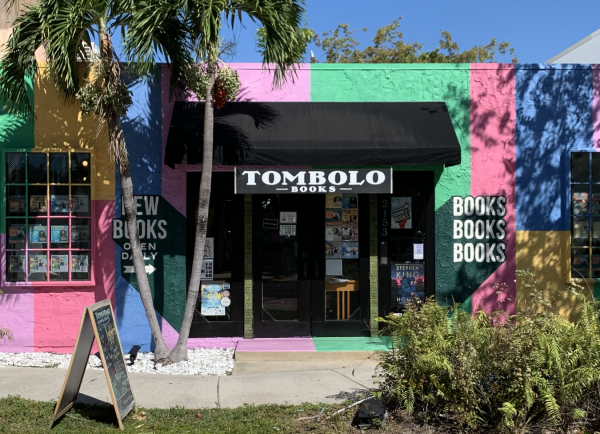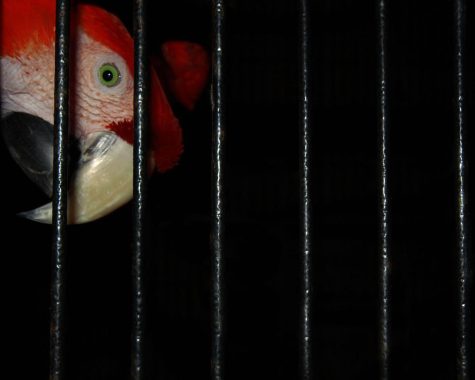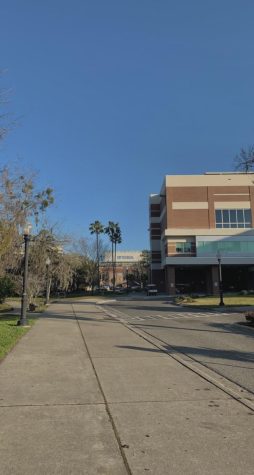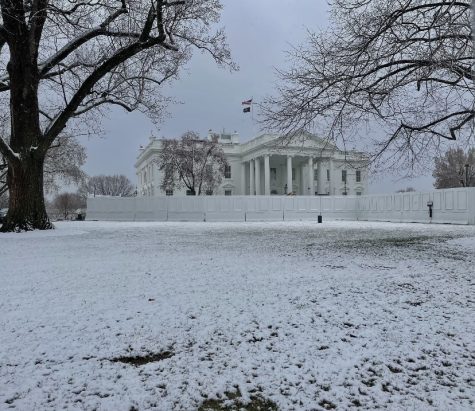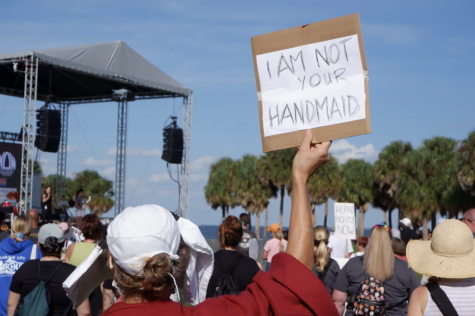The National Teacher Shortage: How does it affect us?
Kenley Shible and Skylah Murray
A sign commonly found posted outside teachers classrooms this year.
Since the pandemic in 2020, a shortage of teachers has impacted many public schools sweeping the nation. St. Petersburg High School is not an exception to this phenomenon, as a lack of educators at our school has had several consequences on both students and teachers. To better understand this issue, we talked to a couple of teachers at this school to hear about the influence of the teacher shortage on our school community.
As students and teachers returned from online school in the fall of 2020, hybrid learning presented many challenges for educators and created demanding circumstances. Teaching through two different mediums meant new learning methods had to be experimented with, making it harder to educate large groups of students at once. This discrepancy continues to impact teachers’ jobs, as students who lack baseline skills due to online learning continue to fall further behind. This slip has impacted current teachers who now have the task of catching up students in various subjects, while simultaneously trying to ensure the success of their entire classes.
Class size has also skyrocketed, and many teachers have had to take on teaching new subjects or switching between programs. As the size of classes increases, grading becomes an increasingly tedious task, as teachers lack time to give their many students feedback. Scheduling has become challenging because the numerous programs at St. Pete High have variations of rotating classes and schedules making class pacing more complicated for teachers. The shift in the student-to-teacher ratio has also impacted the authority of teachers and made it harder for administrators to resolve issues among students.
After examining the effects of the teacher shortage, it is natural to wonder the causes of the lack of teachers across the county. Teaching is a job that is characterized by “so many demands, but so little reward,” according to one educator at St. Pete High. Educating the next generation of leaders, workers, and thinkers is crucial to the success of our world as a whole. However, the job is often overlooked and plagued by low pay and little recognition.
More recently, there has also been an increase in “limitations, restrictions, and political constraints” on what teachers can address in their classrooms, making it increasingly difficult to cultivate a generation of people prepared to address global issues and societal wrongdoings. By placing so many restraints on what teachers can and cannot do, classrooms cease to be an environment of education and instead become a bubble, ignoring the dilemmas of reality.
Students at St. Pete High may not always recognize the impact of the teacher shortage at our school. However, it is crucial to take notice of these causes and effects in order to solve this issue and ensure the success of our generation and our future.


